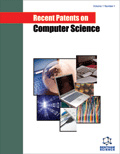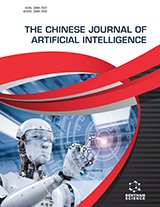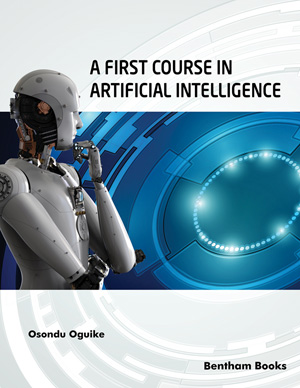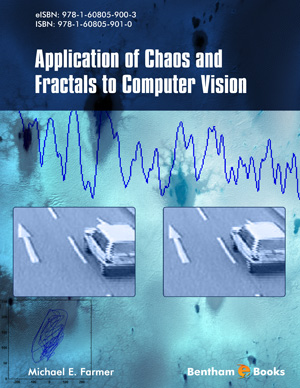Abstract
The study of matter and energy, as well as their relationships with one
another, is the focus of the scientific field known as physics. It is possible to describe
physics as the study of nature or as that has been belonging to natural things. This
branch of science is concerned with the laws and characteristics of matter, in addition
to the forces that act upon it. Physics is often recognized as one of the most challenging
scientific disciplines-because, it draws concepts and ideas from other academic
subfields, such as biology and chemistry. At the beginning of physics, mathematical
models had to be meticulously compiled and then evaluated manually. Scientists are
now capable of simulating and solving difficult physics problems with notably more
speed, precision, and creativity than ever before because of breakthroughs in artificial
intelligence and machine learning. Frameworks powered by artificial intelligence are
speeding up the research in a wide variety of fields of physics such as nuclear
technology, windmill energy production, thermal power plant, space research and
energy management. The application of artificial intelligence for the development of
new models and solutions for challenging physics problems has the potential to
significantly accelerate the rate of progress of scientific advancement across the most
basic field of physics.






















